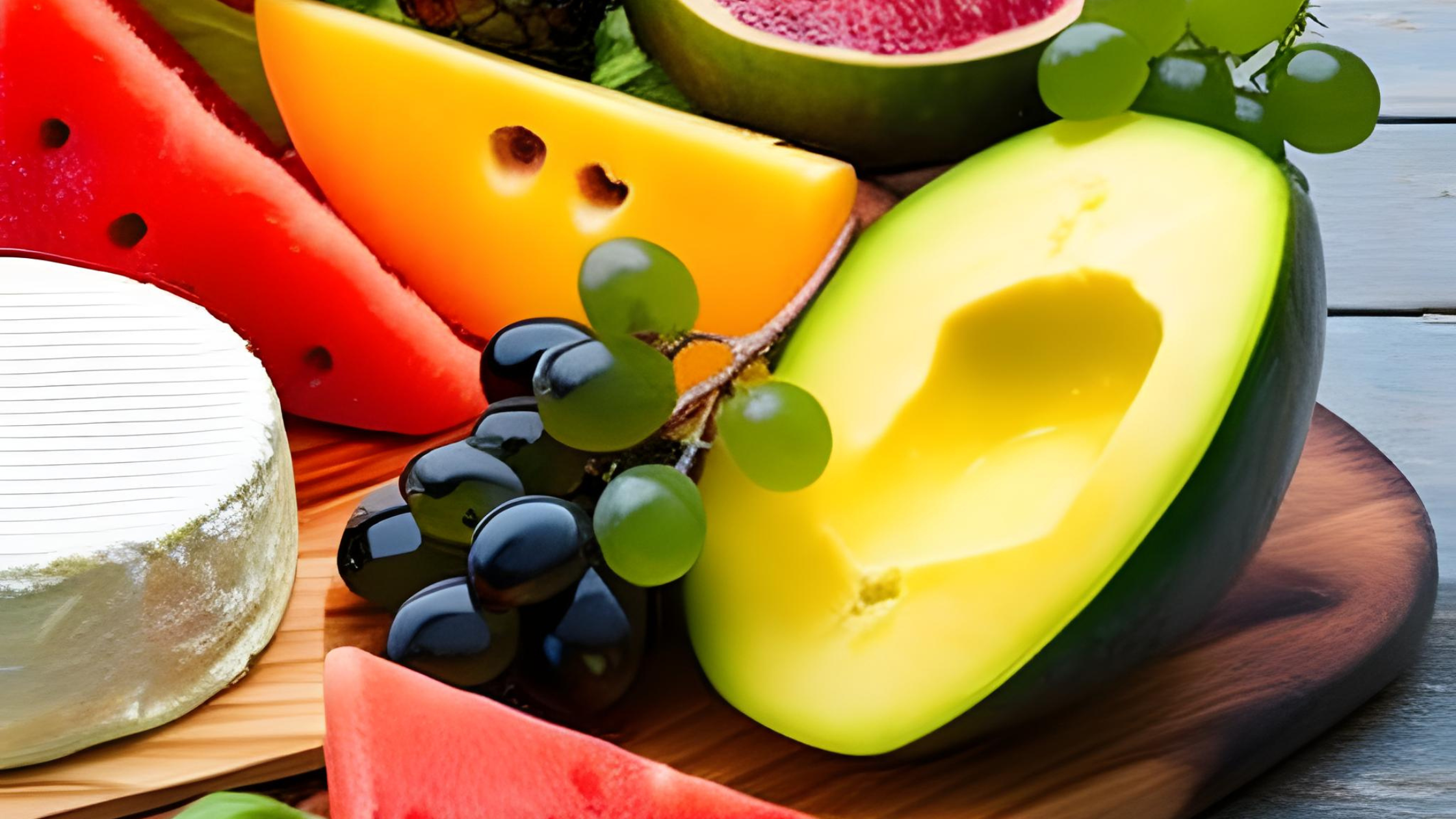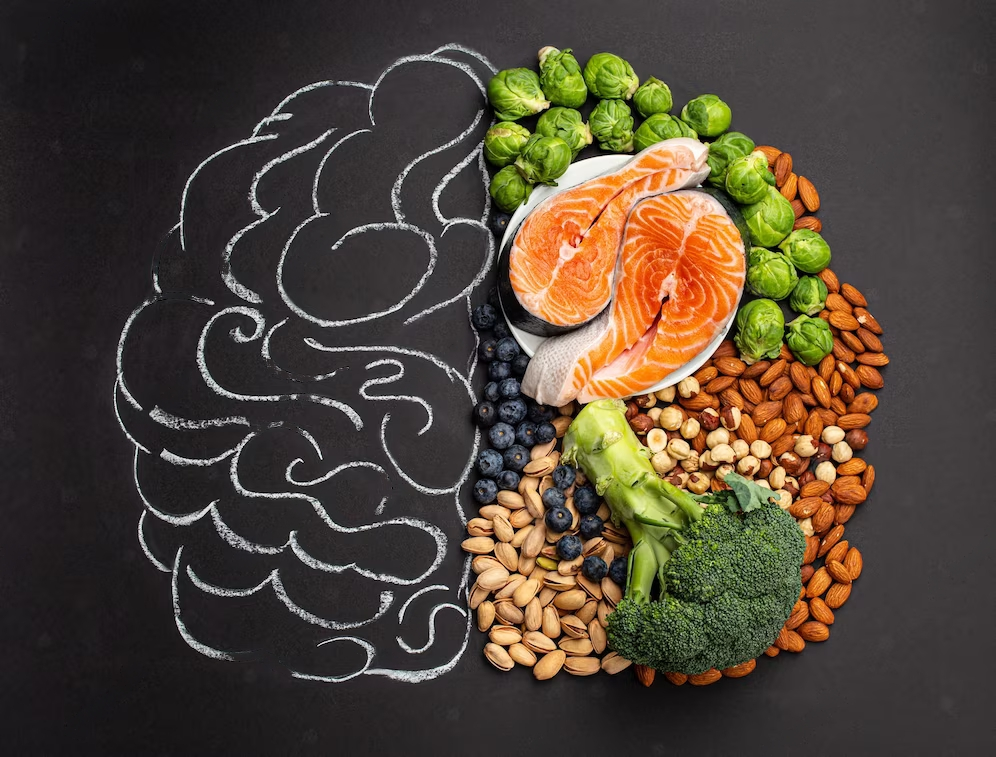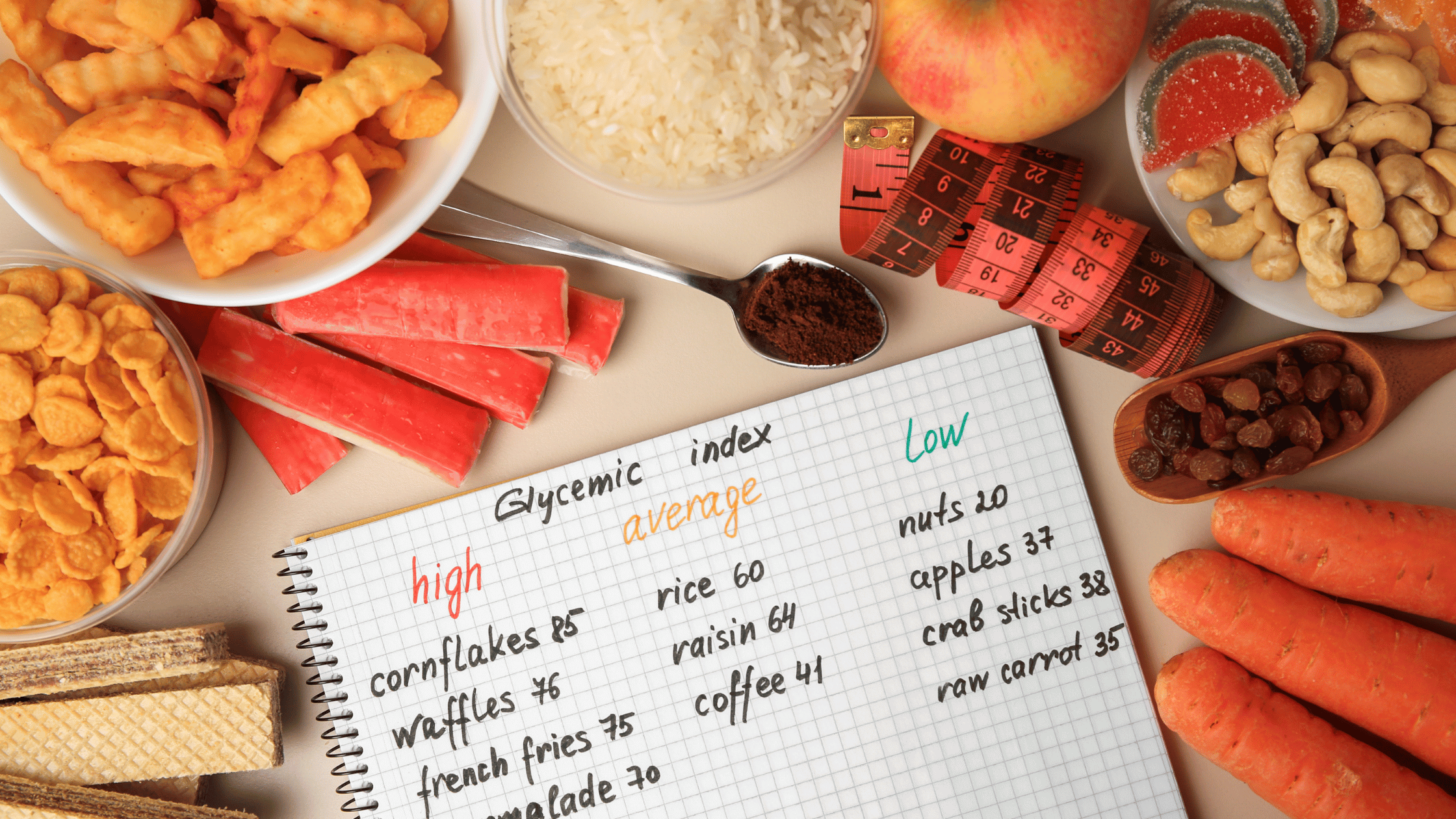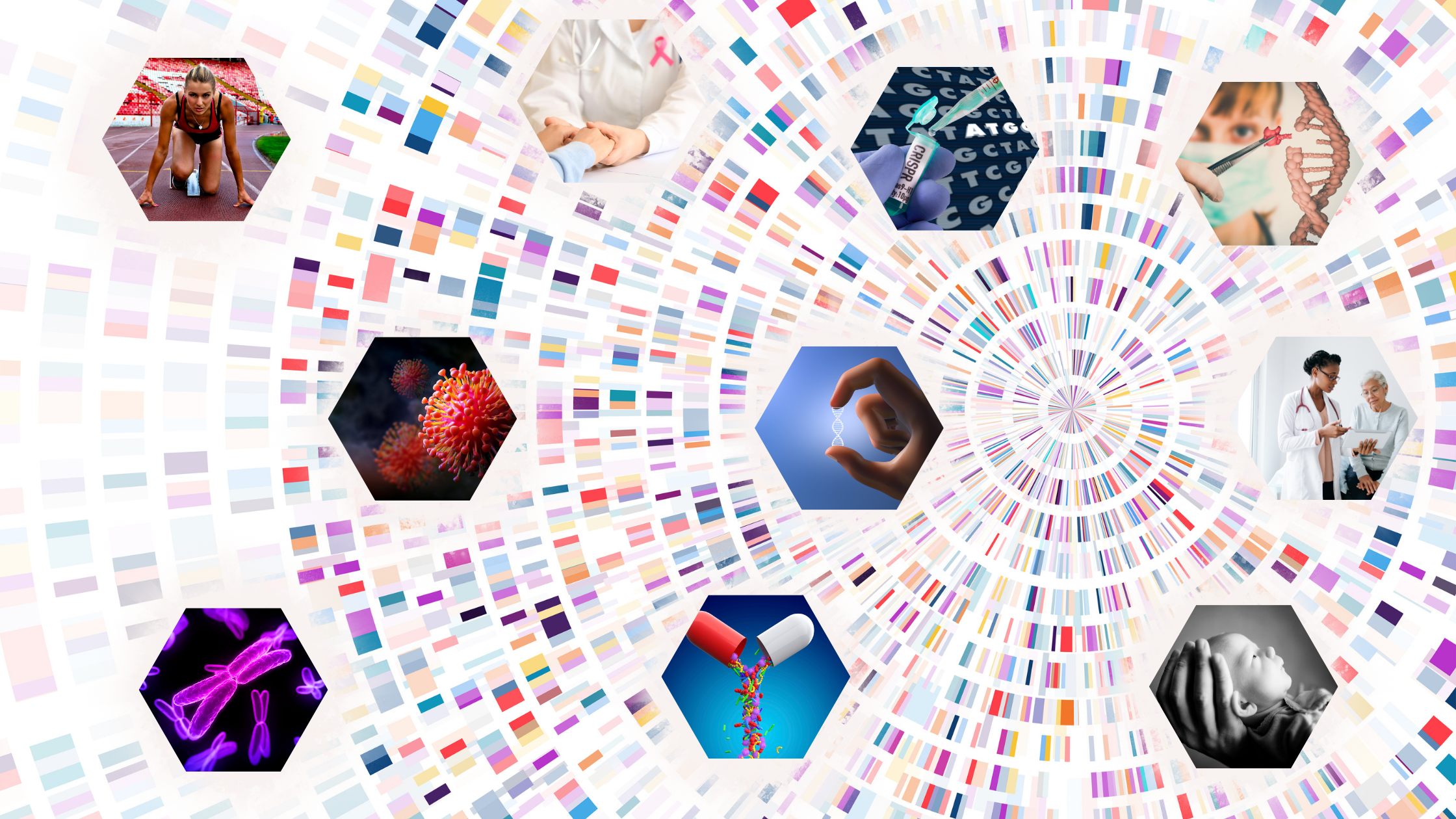Deciphering the Genetic Influence: Nature vs. Nurture

This world environment day, let's learn about the odyssey of nature vs nurture. You might have heard a lot from your client’s, patients: it happened because conditions around me were not great, but then there is some natural trigger needed for it to kick in as a condition. So let us have a look at this never-ending debate of Nature Vs. Nurture.
In the field of nutrition science, dieticians, nutritionists, and healthcare professionals delve into the fascinating interplay between genetic factors (nature) and environmental influences (nurture). Understanding the complex relationship between genetics and the environment provides valuable insights into individual dietary patterns and health outcomes. In this article, we explore the scientific underpinnings of genetic influence and its interaction with environmental factors in the realm of nutrition.
Genetic Influence: The Blueprint of Individuality:
Genetic factors form the blueprint of our biological makeup. Our genes, inherited from our parents, contribute to the diversity of our physical traits, metabolic pathways, and responses to nutrients. They provide the groundwork for potential dietary predispositions, such as lactose intolerance or variations in taste perception. Genetic research has uncovered associations between specific gene variants and nutrient metabolism, nutrient absorption, and disease susceptibility, offering important clues about individualised dietary needs.
Environmental Influence: Nurturing Nutrition Outcomes:
While genetics lay the foundation, environmental factors significantly shape our dietary habits and health outcomes. Environmental influences encompass cultural, social, economic, and educational aspects that mould our food choices and nutritional status. Family traditions, social norms, food availability, and marketing play pivotal roles in shaping dietary behaviours. Additionally, the nurturing influence of healthcare professionals, nutrition education, and access to quality food resources can modify the expression of genetic traits related to nutrition and health.
Nature and Nurture: A Complex Interaction:
The genetic influence and environmental factors do not act in isolation, but interact dynamically. Gene-environment interactions occur when genetic predispositions manifest differently depending on environmental circumstances. For example, individuals with genetic variants associated with increased susceptibility to obesity may be more susceptible to an obesogenic environment characterised by high-calorie food availability and sedentary lifestyles. Similarly, nutritional interventions can modulate gene expression patterns through epigenetic mechanisms, potentially mitigating the expression of certain genetic traits.
Nutrigenomics: Integrating Genetics into Nutrition Science:
Nutrigenomics, a field at the intersection of genetics and nutrition, explores how genes and nutrients interact and influence health outcomes. It investigates how genetic variations affect nutrient metabolism, absorption, and utilisation. Nutrigenomics aims to identify personalised dietary recommendations based on an individual's genetic profile, optimising nutrient intake and potentially reducing the risk of nutrition-related diseases. By integrating genetic information with nutritional science, healthcare professionals can tailor dietary interventions to individual needs.
The Path Forward: Harnessing Knowledge for Optimal Health:
Incorporating knowledge of genetic and environmental influences into nutrition practice holds immense potential for promoting optimal health. Healthcare professionals can utilise genetic testing, comprehensive health assessments, and lifestyle evaluations to guide individuals towards evidence-based dietary recommendations. By considering the genetic underpinnings and environmental context of each individual, personalised nutrition plans can be designed to optimise nutrient intake, support healthy eating behaviours, and mitigate the risk of nutrition-related diseases.
The relationship between genetics and nutrition outcomes is a complex interplay between nature and nurture. Genetic factors provide the groundwork for individual dietary predispositions, while environmental influences significantly shape dietary behaviours and health outcomes. Recognizing and understanding this interaction enables healthcare professionals to integrate genetic information into personalised nutrition interventions, promoting optimal health and disease prevention. By unravelling the intricate relationship between nature and nurture, we pave the way for a more tailored approach to nutrition science, improving the overall well-being of individuals.

The Gene Box





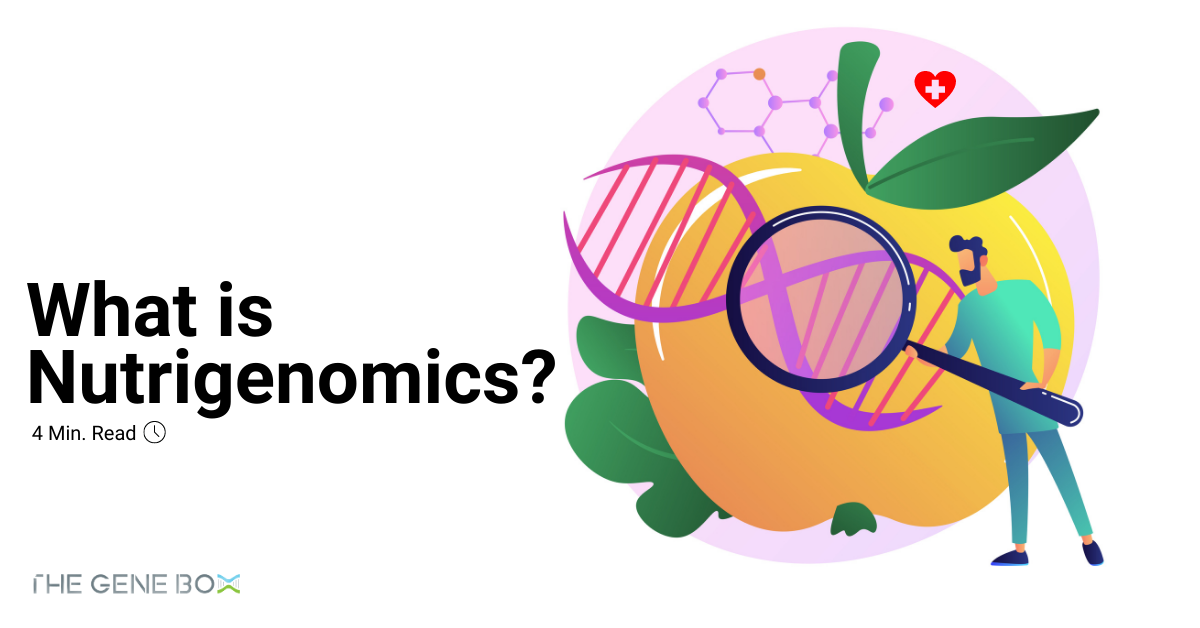


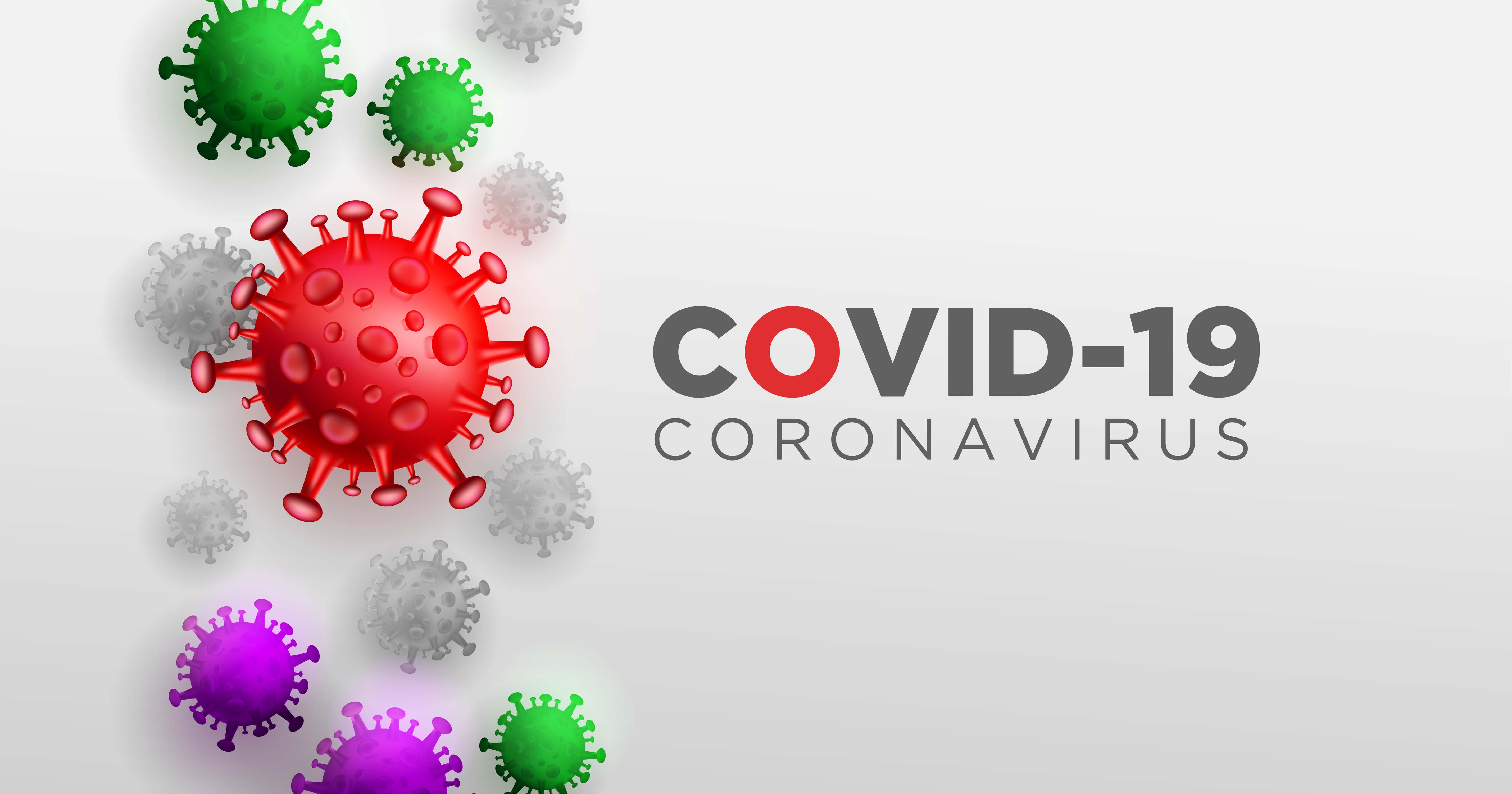
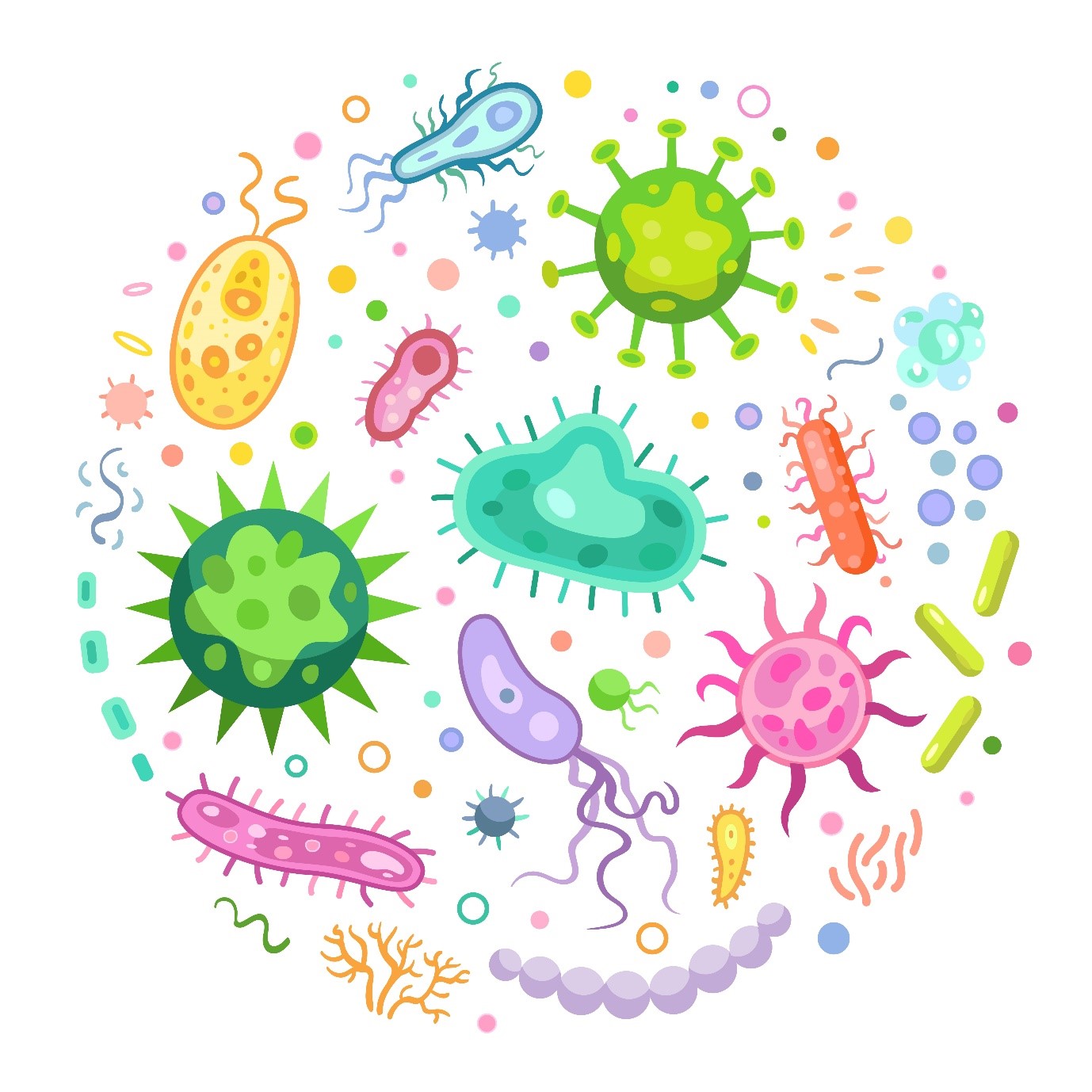

.png)



